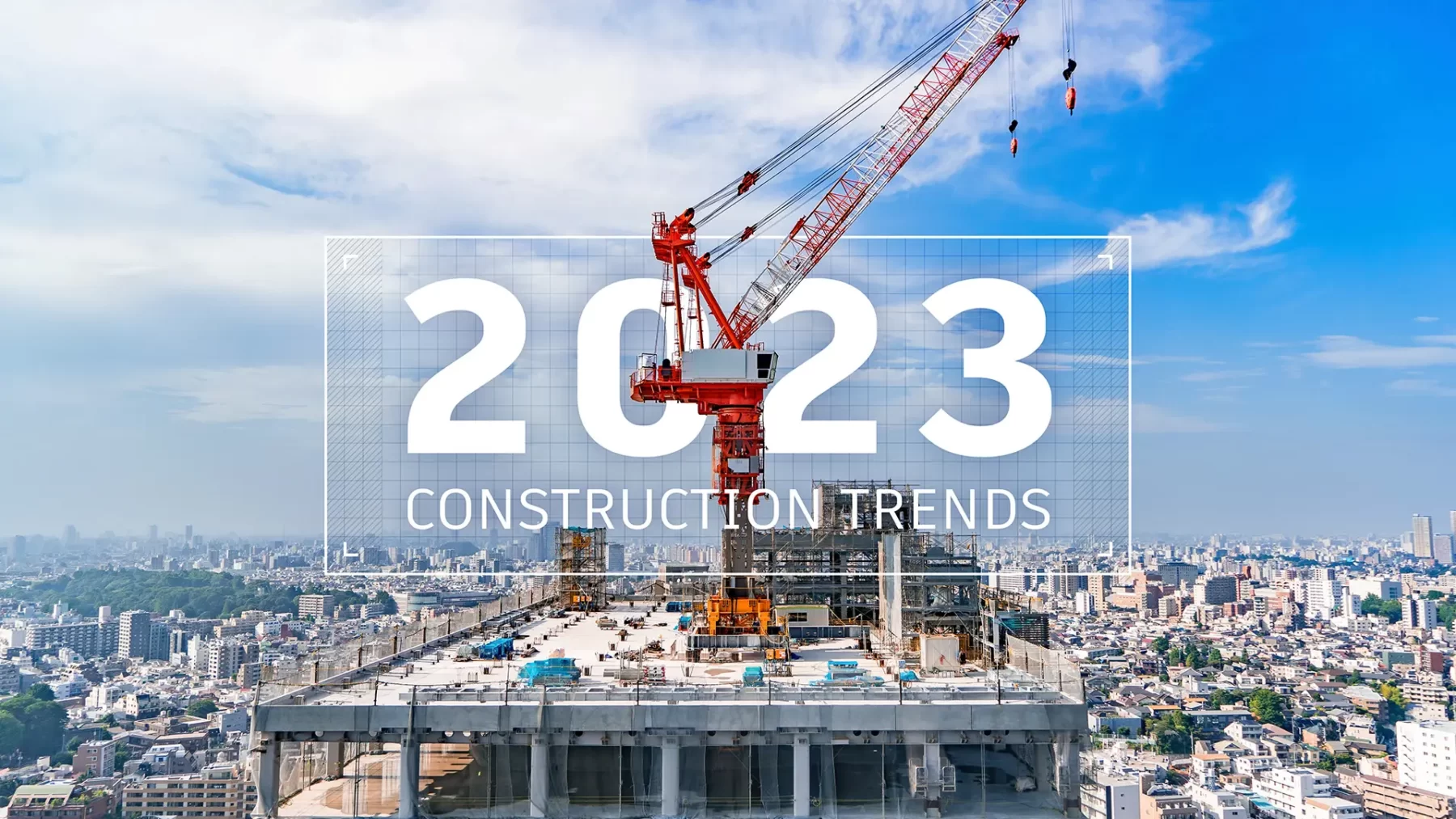Construction Industry Challenges in the United States in 2023
One of the biggest economic sectors in the US is the building industry. Each year, the construction industry generates about $1.4T in revenue and employs more than seven million people across 733,000 enterprises. Things are slowly getting back to normal, but that doesn’t mean there still aren’t challenges to the industry in 2023 or 2024. The construction industry will likely continue to face several current issues in 2023.
The following are some of the main obstacles that the construction sector is likely to encounter in 2023 & 2024:
- Supply Chain Disruptions: Supply chain disruptions, may persist into 2023 & 24. Delays in the delivery of construction materials and increased costs can impact project timelines and budgets.
- Material Costs and Availability: Fluctuations in material prices and shortages of key construction materials, such as lumber, steel, and cement, may continue to drive up project costs and create challenges in sourcing materials.
- Labor Shortages: The construction industry has been grappling with a shortage of skilled labour for years, and this challenge is expected to persist. Attracting and retaining qualified workers will remain a top concern.
- Technological Integration: The adoption of technology in construction, including Building Information Modeling (BIM), drones, and project management software, continues to evolve. Construction companies will need to invest in technology and ensure their teams are proficient in its use.
- Sustainability and Environmental Regulations: The construction industry is facing increasing pressure to adopt sustainable building practices and meet stricter environmental regulations. This includes energy-efficient designs, waste reduction, and eco-friendly materials.
- Regulatory Compliance: Managing complex and evolving regulatory requirements at the local, state, and federal levels can be challenging, and non-compliance can result in costly delays and penalties.
- Project Delays: Delays can result from various factors, including weather, supply chain disruptions, labour shortages, and regulatory challenges. Project managers will need to be adept at mitigating and managing these delays.
- Financial Risk: Managing financial risks related to project financing, budget overruns, and economic uncertainties is an ongoing concern for construction firms.
- Innovation and Modernization: Embracing innovation and modern construction methods, such as modular construction and robotics, presents both opportunities and challenges as the industry evolves.
- Global Economic Factors: Economic factors, such as inflation, interest rates, and global trade tensions, can impact construction costs and financing options.
To address these challenges in 2023, construction companies will need to remain adaptable, invest in technology and training, prioritize sustainability, and engage in effective risk management. Collaboration, innovation, and a focus on safety and compliance will be essential for the industry’s continued growth and resilience.
Disclaimer: This content is provided solely for your review. Erusu Consultants takes no liability for this article. The reader is advised to form their own opinion. Please consult a Structural Engineer before making any final decisions.






